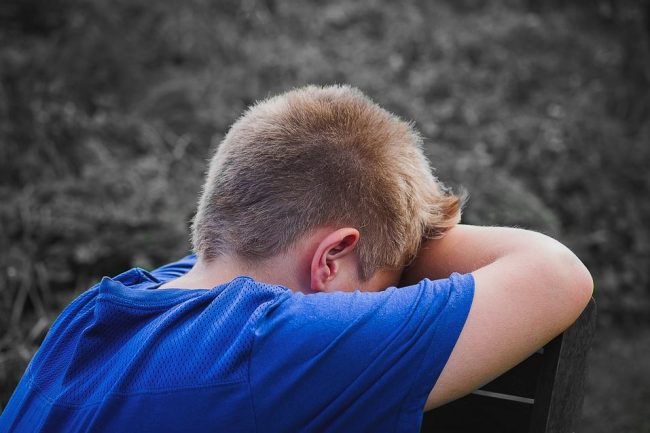Losing a grandparent is a heartbreaking experience for a young child. Grandparents are often seen as figures of stability and comfort, and losing that individual can rob a child of those feelings if the situation is not handled properly.
Use Realistic Words
When you explain to your son that his grandpa is dead, use words such as dead or died. If you tell a child that a loved one is gone or sleeping to make death sound less scary, you can actually make sleeping or going to the hospital sound scarier. According to the University of Rochester Medical Center, this is true with preschool-age and school-age children.
Be Open and Calm
Since humans have a propensity to avoid talking about upsetting subjects, children may become afraid of something that you are hesitant to talk about. Be strong for your child, and calmly explain what happened to his grandpa. One recommendation from the National Institutes of Health is to encourage your child to ask you questions. Remember to answer them simply and realistically while staying composed and compassionate.
Use a Personalized Urn
With a special cremation urn, you can explain to your son that grandpa is dead but his ashes will stay in your home to remind you of loving memories. Some companies, like Cremation Solutions, know that this can be a means of great comfort for many people around the world. A personalized urn provides a warm and soothing appearance that reminds the entire family of grandpa.
Focus on the Positive Memories
If your son saw his grandpa sick or suffering before he died, those may be the memories that dwell in his mind without intervention. Talk about his grandpa often. Remind him of fun memories, thoughtful gifts, and funny stories. Tell your son about your own memories of his grandpa. The death-positive movement is gaining momentum today for good reason. If you are realistic about death with children but venerate positive memories, you can help them avoid the feelings of fear and taboo that are associated with death.
Tell your child that crying and feeling sad are normal reactions. Encourage your child to talk to you when he feels hurt, sad, or angry. Elizabeth Kubler Ross is known for identifying five stages of grief. Although your child will experience these, not every person experiences the stages in the same sequence. If your son’s grief spirals into long-lasting depression or anger, talk to a professional bereavement counselor who specializes in helping children deal with grief.
